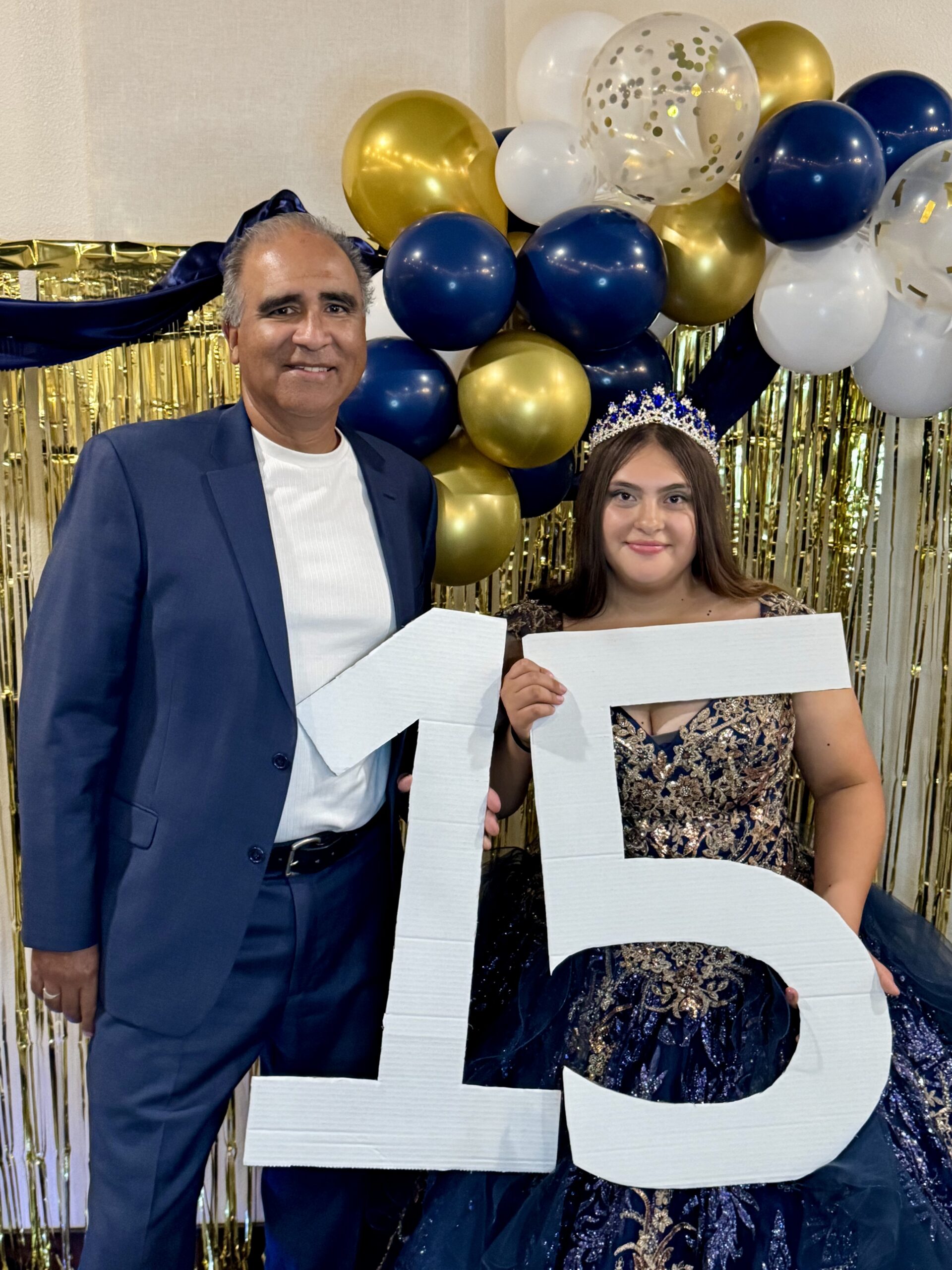Rites of Passage – Column by Mark Martinez
“I hate my dad.”
I was stunned when my high school friend said that. I knew his parents. They seemed to be good, involved parents. Solid family and people of faith.
“I hate my mom, too,” he continued.
I could no longer contain my curiosity as to why he would say that, so I asked him.
“They are so strict; they won’t allow me to do anything.”
Nowadays, being a mentor of preteens and teens, I’ve heard this same sentiment from numerous other youths. They feel they have the most strict, ancient, and out-of-touch parents that anyone could have. They believe they are the only ones with a killjoy mom and dad.
The preteen and teen years are especially challenging for families, as a parent struggles to maintain control while the teen struggles for independence. It is at this stage that I believe it’s critical that parents adjust their parenting style. You can’t parent a 12-year-old the way you did when they were 10, or a 15-year-old the way you did when they were 12. It’s really up to the parents to recognize this life stage and initiate the change.
In the book, The Self-Driven Child by Dr. Bill Stixrud and Ned Johnson, the authors explain this parenting shift as moving from being a manager to being a coach. A manager has a system of how things are supposed to work, and they evaluate performance based on how you did. In the context of parenting, it’s something like, “We are going to grandma and grandpa’s house. I need you to pick up your room, put on the clothes I pulled out for you, brush your teeth, and be ready to go at 10 a.m.” Either the task is accomplished according to the manager’s expectations, or it’s not and it’s on this basis that performance is evaluated. A coach, on the other hand, plays a different role.
A coach says, “You are about to step onto a playing field to play a game. We will either win or lose. Only you can play the game. I can’t play it for you. I have a lot more experience in this game because I have played it myself, and now I coach it. When you are on that field, your opponent is trying to defeat you. They will use strategies and deception, and sometimes you can’t see what’s coming. But I can. I’m on the sidelines. I see things you cannot see, so that when you come back to the sidelines, I can tell you what adjustments to make. You’ll need to trust me on this. I want us to win, and we can only do this if we plan, trust each other, and do our best.” As a parent, the game that our sons and daughters are playing is the game of life.
Parents, recognize that your child will have wins, but suffer defeats as well. We cannot insulate them from this reality. We have to start loosening our reins so that they can learn how the life struggle works.
In the meantime, sons and daughters, I’d like to offer you three takeaways that I believe you need to know about your parents.
- Your parent(s) are doing the best they can. While recognizing that some parents are, themselves, broken and hurt and don’t have the capacity to parent well, most parents are doing their best. They bring their own childhood experiences, whether good or bad, into their parenting style for you. Most parents don’t wake up in the morning with the attitude of, “How can I mess up my child’s life today?”
- Nobody on this earth loves you more than your parent(s). Most parents would willingly sacrifice their own life for their children.
- Your duty is to obey and respect (honor) your parent(s). Several verses in scripture speak to this instruction. As long as a parent is not disobeying God’s word themselves, we are still to honor and respect them even when they may be wrong.







